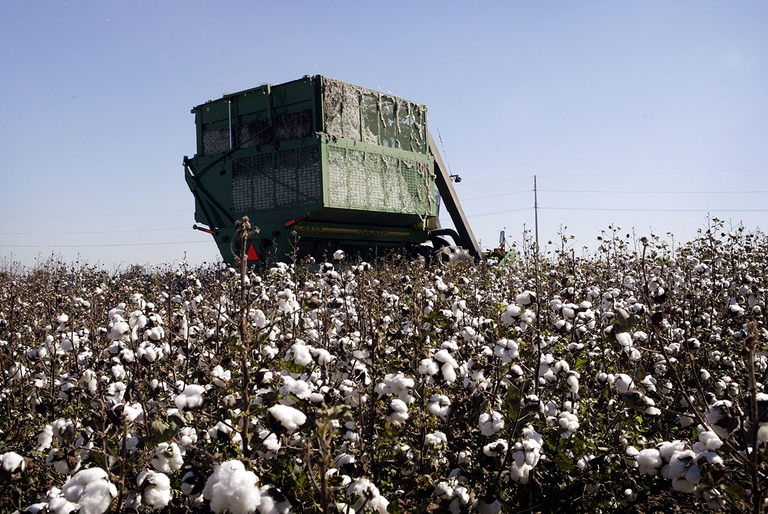
Il glifosato è stato autorizzato per altri cinque anni in Europa. I paesi hanno raggiunto la maggioranza qualificata grazie (o a causa del) al cambio di rotta della Germania.
Any decision on whether to extend the license to use glyphosate in Europe, expected on 8 March, has been put off due to the rising opposition of member states – including France, Sweden, Netherlands and Italy – as well as the pressure of some parliamentary groups including the Socialists and the Democrats. This is what spokesman
Any decision on whether to extend the license to use glyphosate in Europe, expected on 8 March, has been put off due to the rising opposition of member states – including France, Sweden, Netherlands and Italy – as well as the pressure of some parliamentary groups including the Socialists and the Democrats. This is what spokesman of the Progressive Alliance of Socialists and Democrats Pavel Poc said, as reported by ANSA. The damages glyphosate causes on people’s health have been pointed out by the International Agency for Research on Cancer (IARC), part of the World Health Organisation (WHO), which classified the herbicide as “probably carcinogenic to humans”.
Initially, a new 15-year license by the European Commission was taken for granted. But things changed as the opposition got stronger, given the need of granting the precautionary principle to all European citizens. The existing license expires at the end of June.
“We know that more and more states are becoming aware of the risks glyphosate poses and are worried about their citizens’ health,” concluded Poc. “Public health must be a priority. We’ve already learnt this lesson with DDT (dichlorodiphenyltrichloroethane) many years ago. We should not bring future generations to face useless risks”.
Similarly, Federica Ferrario, Greenpeace Italia Responsible for the Sustainable Agriculture Campaign, said: “It would be insane renewing the license for glyphosate without the analysis of the European Chemicals Agency (ECHA). As long as there are conflicting scientific stances, glyphosate should not be approved in the EU”.
Therefore, it’s too early to call it a victory, since the definitive decision has been postponed to May. But glyphosate, which is now present in gardens, parks and schoolyards, as well as in the fields where food and raw materials are cultivated for the production of clothes and cosmetics, could be soon banned. Over the last 10 years, more than 6,000 tonnes of glyphosate have been sprayed all over the world.
Siamo anche su WhatsApp. Segui il canale ufficiale LifeGate per restare aggiornata, aggiornato sulle ultime notizie e sulle nostre attività.
![]()
Quest'opera è distribuita con Licenza Creative Commons Attribuzione - Non commerciale - Non opere derivate 4.0 Internazionale.
Il glifosato è stato autorizzato per altri cinque anni in Europa. I paesi hanno raggiunto la maggioranza qualificata grazie (o a causa del) al cambio di rotta della Germania.
A study conducted by the Heinrich Böll Foundation discovered that 99.6% of German people has glyphosate residues in urine. Most of them are those who eat meat, because of animal feed containing GM soy and corn.
Stop glyphosate before it’s too late. A group of associations has launched a petition to ask the European Commission to refuse the authorisation for using the weed killer.
A report by Ember explains that in 2025 electricity generation from renewables (solar, wind and hydropower) surpassed that from fossil fuel sources.
The Tyler Prize, considered the “Nobel Prize for the Environment,” has been awarded to Toby Kiers, an American biologist working in Amsterdam.
Belgium is one of the countries most exposed to climate change. Dune–dikes are a solution to curb sea-level rise.
Between October 2024 and September 2025, the average temperature in the Arctic was 1.6 degrees Celsius higher than during the 1991–2020 period.
Undeclared conflicts of interest, paid authors, lack of transparency: one of the most cited studies on glyphosate, published in 2000, has been retracted.
To prevent the risks of glyphosate, a carcinogenic herbicide used in transgenic crops, the European Parliament opposes the import of three GM soybeans.







